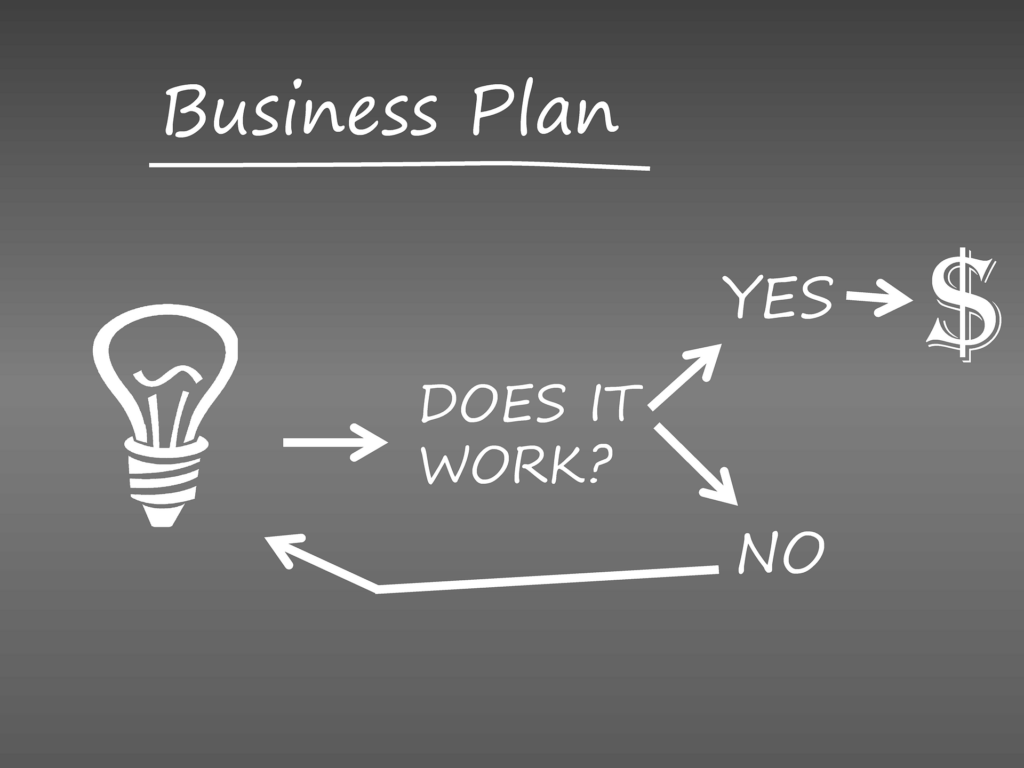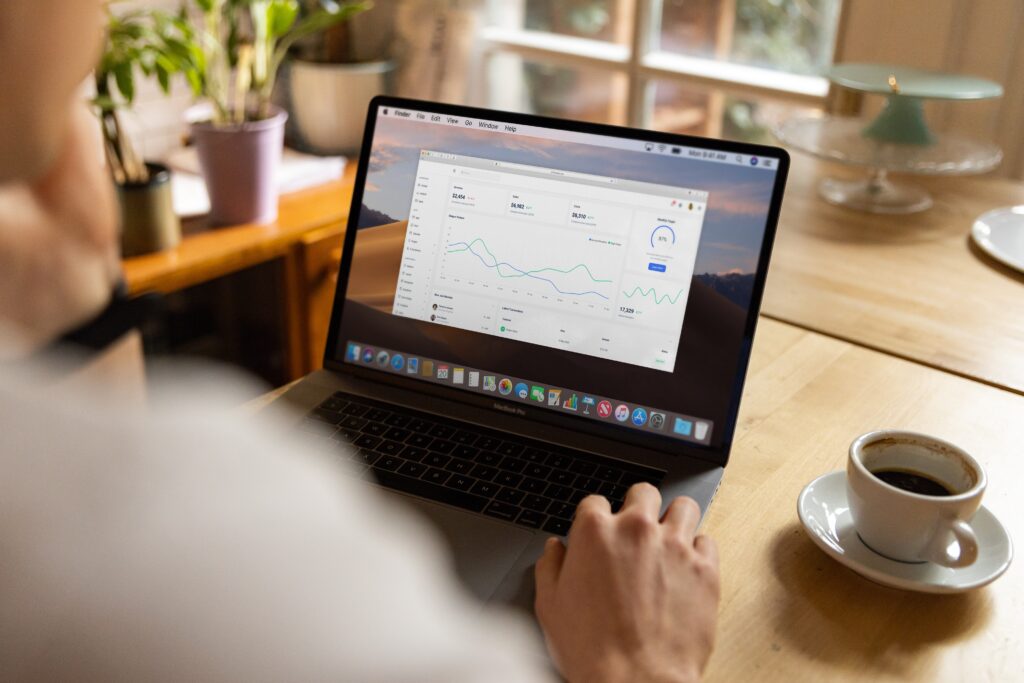Are you looking forward to becoming an economist? Would you love to get the answer to the question, “how long does it take to become an economist?” Well, then, you have come to the right place. This is the guide for you. Being an economist or any other job takes hard work and dedication. The time it takes to become an economist varies depending on the person’s background and academic qualifications, as well as their experience in economics-related fields. Read through the entire article to get an insight into the timeline you may need to become an economist.
Who is an Economist
An economist is a social scientist who studies the production and distribution of goods and services. Economists typically use analytical and statistical methods to analyze economic data. They may also research historical and current economic trends. Economists can work in various settings, including government agencies, think tanks, financial institutions, and businesses. Some economists may also teach at universities or write for popular publications.
Most economists work for consulting firms or large financial institutions in the private sector. Others work in the public sector, government agencies, or think tanks. Some economists even teach at universities or colleges. No matter where they work, economists all share a common goal: to improve our understanding of the economy and help society optimize its resources.
Read More: How Long Does It Take To Become A Dog Groomer?
What Skills Are Necessary To Be A Successful Economist
The skills necessary to be a successful economist are varied and depend on the field of economics in which you wish to specialize. However, some skills are essential for all economists, even with a doctoral degree. These include:
- Critical thinking
- Analytical skills
- Ability to communicate clearly and concisely.
- Economists must also be able to use data and statistical analysis to support their arguments effectively, more so on market trends.
- Familiar with economic theory and have a firm grasp of the historical context in which economic events take place.
- Able to work well in team environments and collaborate with other professionals.
While the specific skills required for success as an economist may vary depending on the field, these general skills are essential for all economists.
Read More: How Long Does It Take To Become A Registered Nurse?
How Long Does It Take To Become An Economist?

If you’re starting from scratch, then becoming an economist, it will take around 5-7 years to become an economist with a bachelor’s degree. This includes 4 years of college or university studies followed by 1-2 years of further education, such as internships or professional development courses. By this, we mean completing courses such as macroeconomics, microeconomics, statistics, and econometrics. You may also need additional courses depending on what kind of specialization you intend to pursue. Those with a master’s or Ph.D. in Economics can expect the process to be much shorter, usually just 2-3 years.
In addition to academic qualifications, experience is essential to become an economist. You must gain practical experience in economics-related fields before applying for entry-level positions in the area. This can include internships, volunteering, or working as a research assistant in an economics-related job. Doing this will help you gain relevant experience and make your CV stand out among other applicants for those entry-level roles.
The Different Fields Of Economics
Economics is a broad field, and there are many different fields within economics. The most common include:
Microeconomics
Microeconomics is the most fundamental field of economics. It focuses on individual economic units, such as firms and households, and examines how they decide what to produce, how to make it, and how to allocate their resources. Microeconomics is concerned with pricing, resource allocation, and financial market structure.
Macroeconomics

Macroeconomics, on the other hand, looks at the economy as a whole. It examines economic aggregates such as inflation, gross domestic product (GDP), and unemployment. Macroeconomics attempts to explain how the overall global economy works and identify policies that stabilize or promote economic growth.
International Economics
It deals with trade between nations and the impact of global economic forces on individual countries. International economists examine tariffs, Balance of Payment (BOP), and exchange rates. Additionally, international economics often overlaps with other fields, such as development economics (which focuses on helping less developed countries) and environmental economics (which examines the economic impact of environmental issues).
Other specialized fields of economics include:
- Labor economics
- Public finance,
- International economics,
- Health economics.
Each of these fields requires skills and knowledge to succeed in the role.
Read More: How Long Does It Take To Learn AWS?
Salary and Career Outlook
A career in economics can be both rewarding and challenging. Those who enter the field can expect to earn a good salary and enjoy job security. The Bureau of Labor Statistics reports that the median income for economists is $105,020 per year. The top 10% of earners make more than $173,330, while the bottom 10% earn less than $57,340. Job growth in the field is expected to be above average, with a projected rate of 6% between 2019 and 2029.
This means that approximately 27,700 new jobs will be created during this time. Economics is a broad field, and those who enter it can choose to specialize in areas such as econometrics or environmental economics. No matter what specialty they choose, those pursuing a career in economics can expect well-paying and stable employment.
Job Duties and Responsibilities of An Economist

An EcEconomist’sob duties and responsibilities may vary depending on their employer, but several core tasks are associated with the role.
- Economists research various economic issues, ranging from unemployment to inflation. They analyze data and use statistical methods to identify historical trends and develop forecasts.
- Many Economists advise governments, businesses, and individuals on economic policy. They provide recommendations on taxation, interest rates, and trade policy.
- Thirdly, Economists develop models and simulations to predict the effects of changes in economic conditions.
- They write reports and articles to communicate their findings to a wider audience. In addition to these core tasks, Economists may also be involved in teaching and public speaking.
Read More: How To Become A Car Detailer
Conclusion
A career in economics provides many rewards. Those interested in the field can acquire the necessary skills through education and experience to become qualified for entry-level roles. With job growth expected to be above average and salaries well above the national median income, an economist’s career is both rewarding and secure. Pursuing a master’s degree or certification in economics can give you invaluable knowledge of economic theories and principles and valuable hands-on experience that will make your CV stand out among other applicants for those entry-level roles.
